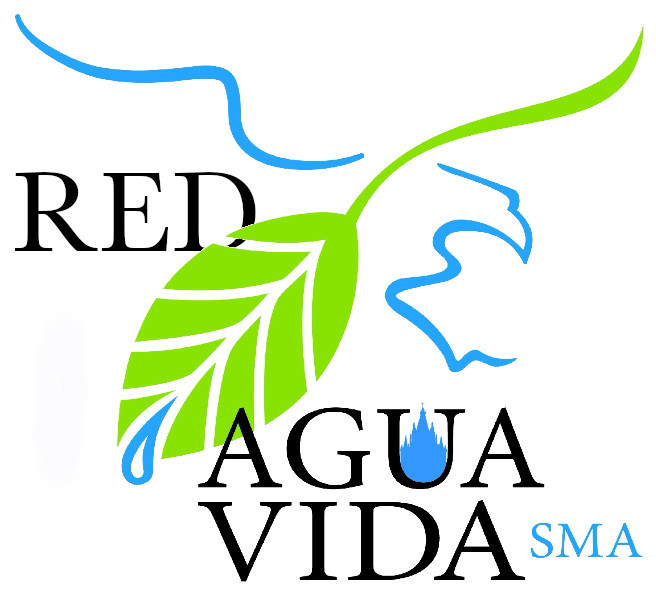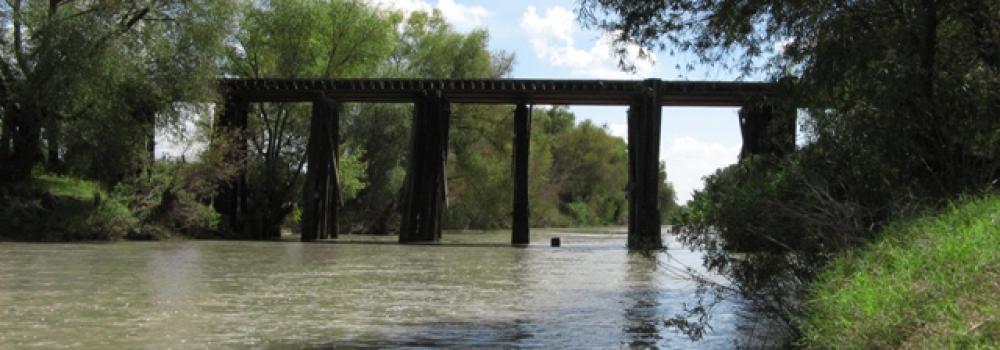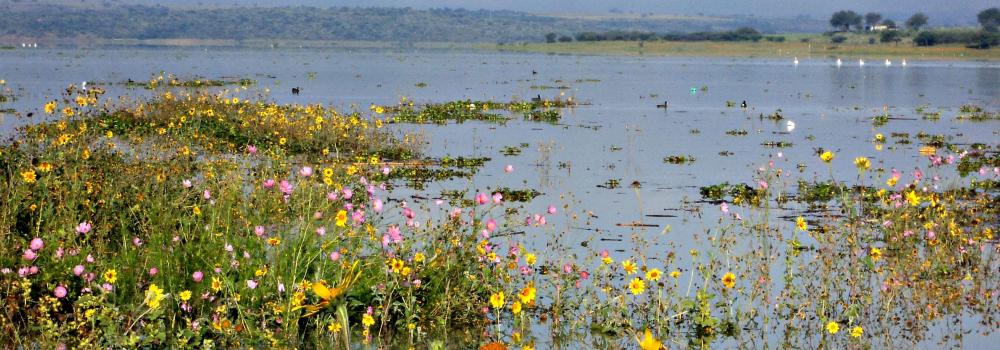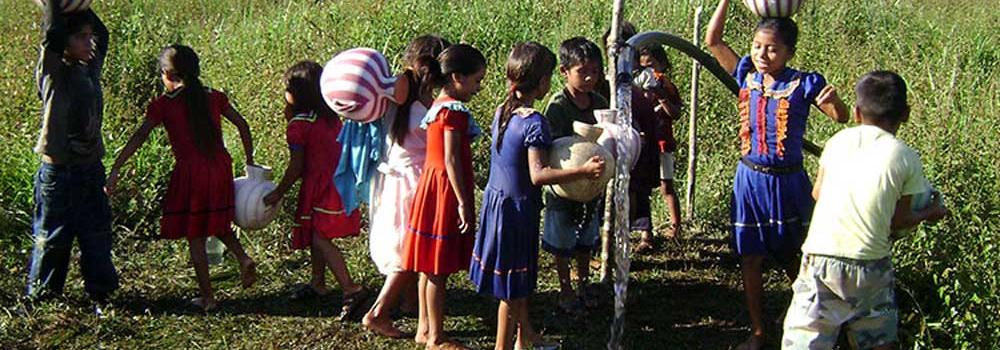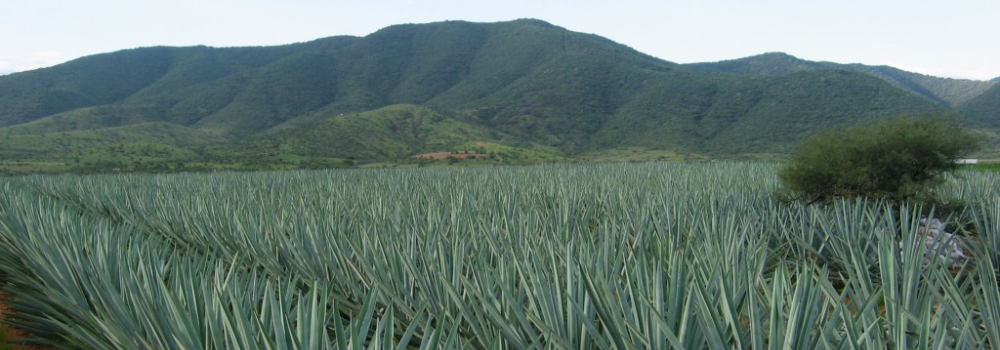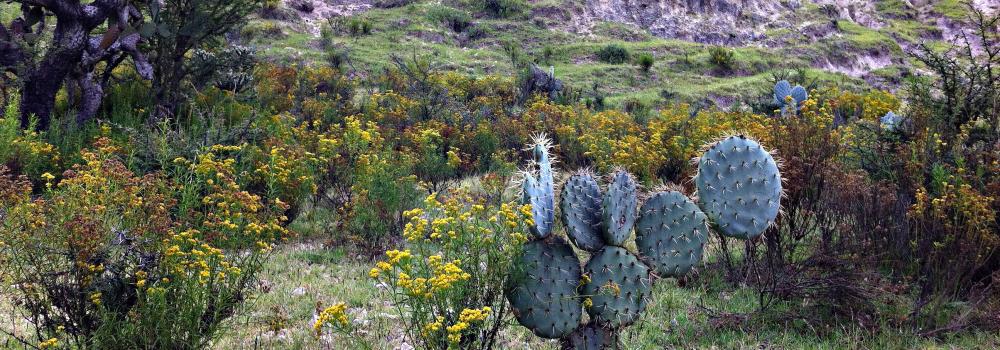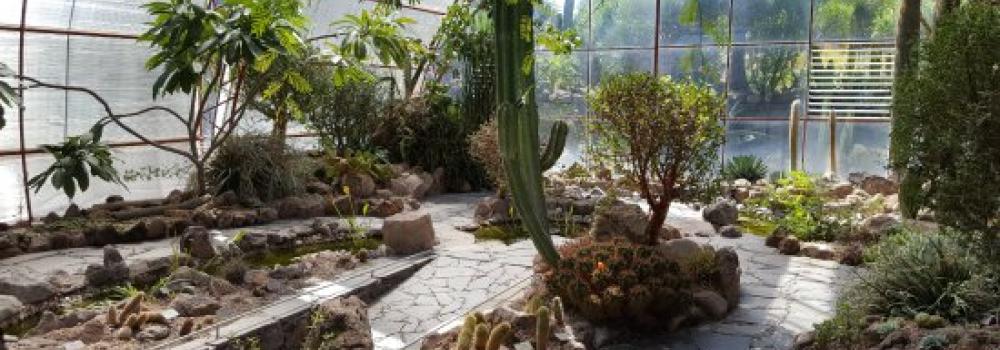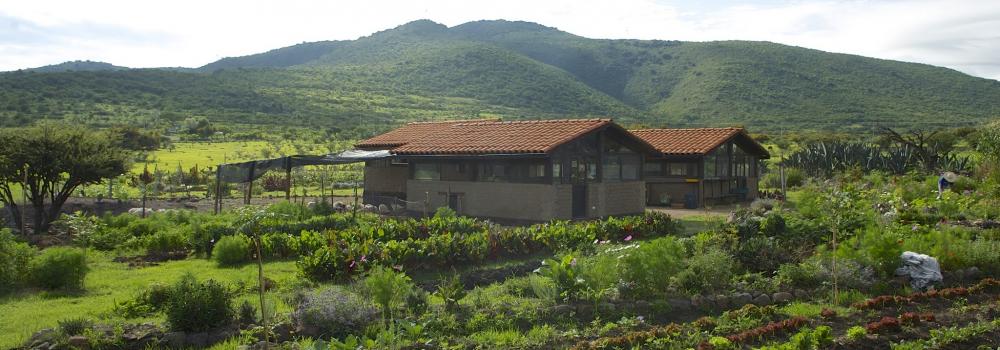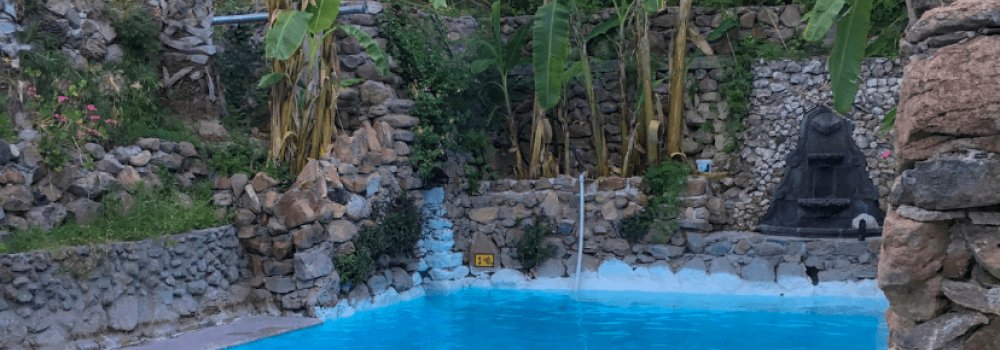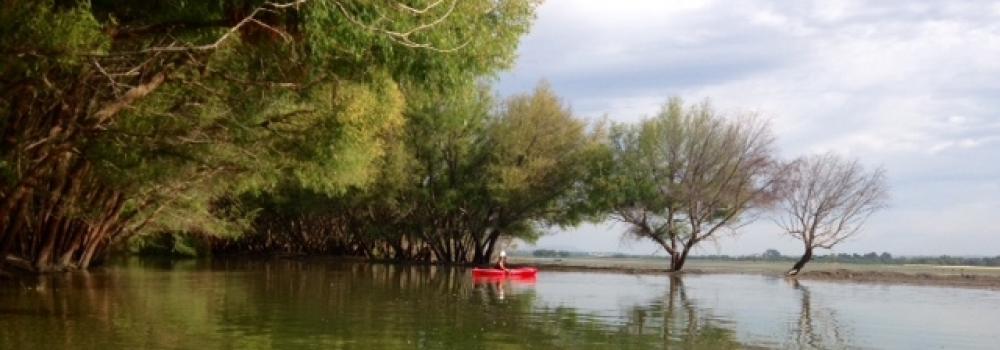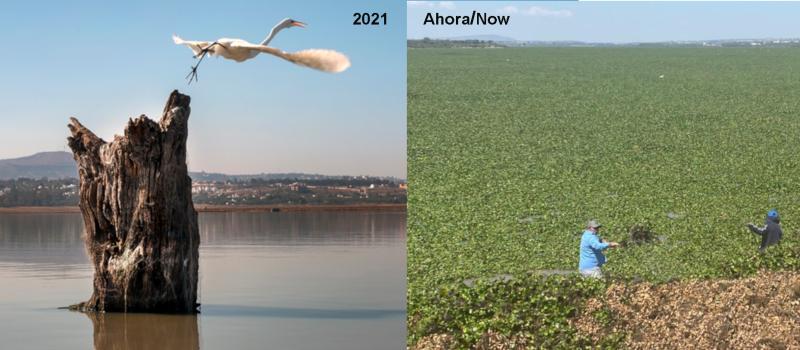
For a few years now, the Presa Allende has suffered from an infestation of Lirio Acuático (water hyacinth). Lirio is a free-floating plant that grows in still or slow moving fresh water bodies. It feeds upon pollutants in the water, primarily untreated wastewater, manure and fertilizer runoff from agricultural lands and has been labeled one of the world’s most noxious aquatic weeds.
The Lirio infestation deoxygenates the water and creates conditions where invertebrates and fish cannot survive, consequently threatening the food supply for aquatic birds and other animals. It negatively impacts the livelihoods of local fishermen and endangers human health by creating a prime breeding ground for mosquitos. It reduces the water level through transpiration (water loss through leaves) that is 3 times greater than natural evaporation. In addition, it obstructs recreational boating and enjoyment of the Presa.
 In January 2022, Audubon de Mexico came together with other non-governmental organizations and citizens under the name of Rescatemos la Presa Allende to address the Lirio crisis and the long-term health of the Presa Allende.
In January 2022, Audubon de Mexico came together with other non-governmental organizations and citizens under the name of Rescatemos la Presa Allende to address the Lirio crisis and the long-term health of the Presa Allende.
The infestation is very hard to control. It has a rapid rate of reproduction and is able to double in mass every 5-15 days. Lirio seeds can last in the sediments for up to 25 years. It is difficult to remove:
-
The plants are 95% water, and its roots are entangled under the water’s surface creating large, heavy mats;
-
A mat of medium sized plants may contain 2 million plants per hectare that weigh 270 to 400 tons.
-
The wind causes the plants to move rapidly and unpredictably across the water.
It will take millions of dollars to contain and remove the Lirio and millions more over time to keep it under control. For the long term, we must take responsibility for controlling the amount of pollutants entering the Presa Allende and its tributaries, which are feeding the Lirio’s growth.
